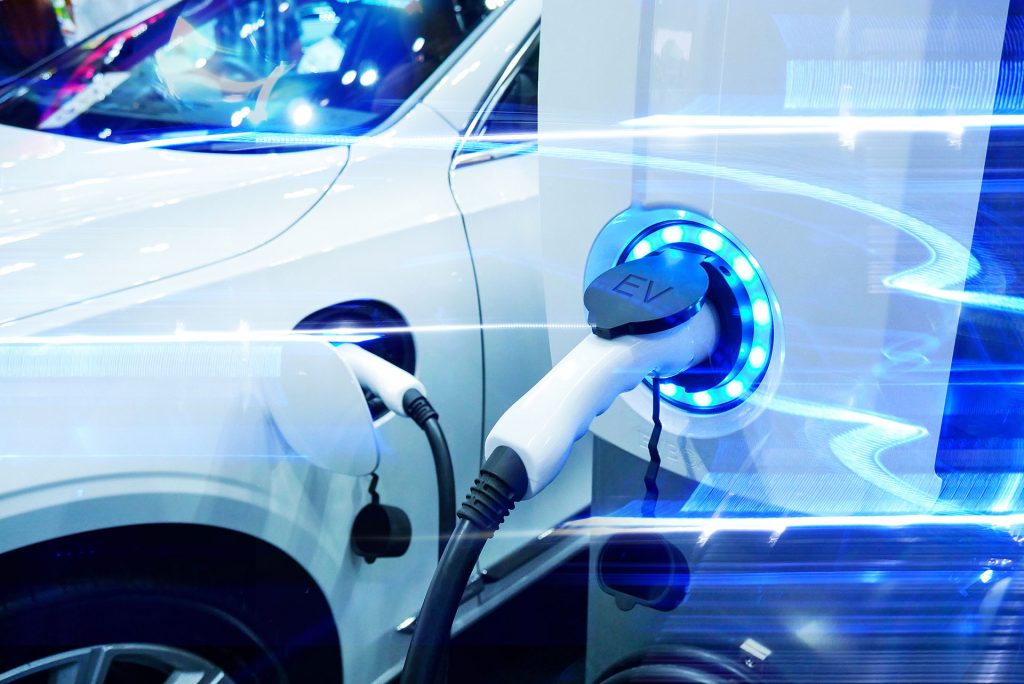As electric vehicles soar in popularity, so the number of public electric vehicle charging stations continues to grow.
Many drivers have developed the charging habit and will top up when they are out and about, at the shops, at work or at the gym.
The most economical way to charge your car will normally be at home. For a car with a 60kwH battery and a range of 200 miles, it would cost about £8.50 in electricity costs. However, if your employer is kind enough to instal charging points then you could be fortunate enough to benefit from a free top up whilst you are at work.
There is a growing number of charging points at car parks, supermarkets and shopping centres, and these are often free whilst you are doing business there.
On longer journeys, the challenge is to get the top up you need in as short a time as possible. There is an increasing investment in rapid charging points at motorway service stations and petrol stations across the UK. The cost of a 30 minute charge, giving you something like a 100 mile range, is about £6.50.
Clearly, that’s more expensive than the £8.50 cost of home charging for a 200 mile range, but with public stations you are paying for the convenience of the charging facility. It’s also important to remember that the companies operating these networks have invested significantly in hardware and maintenance and are hoping to make a profit.
There is an ever-increasing number of public charging points available, run by a handful of charging networks. Armed with your iphone and the appropriate apps on your phone, it is very easy to discover the location and type of charger nearest to you on your journey.
For example, Zap Map provides a post-code based assessment of public charging points available near you. It also shows you the type and number of charging points available at any location, and whether they are currently available.
25th August 2020
